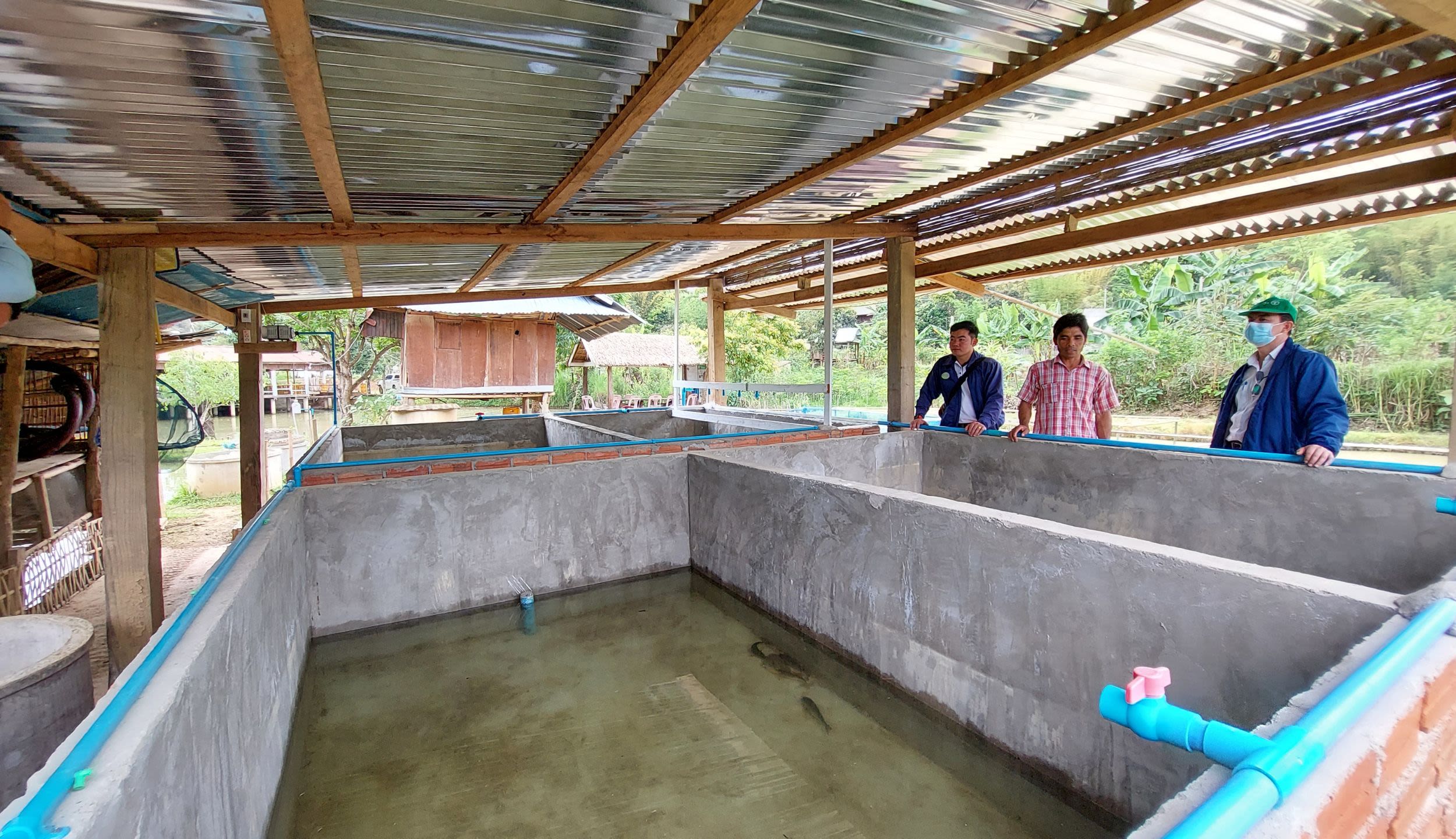Making Fish Big Business in Northern Lao PDR
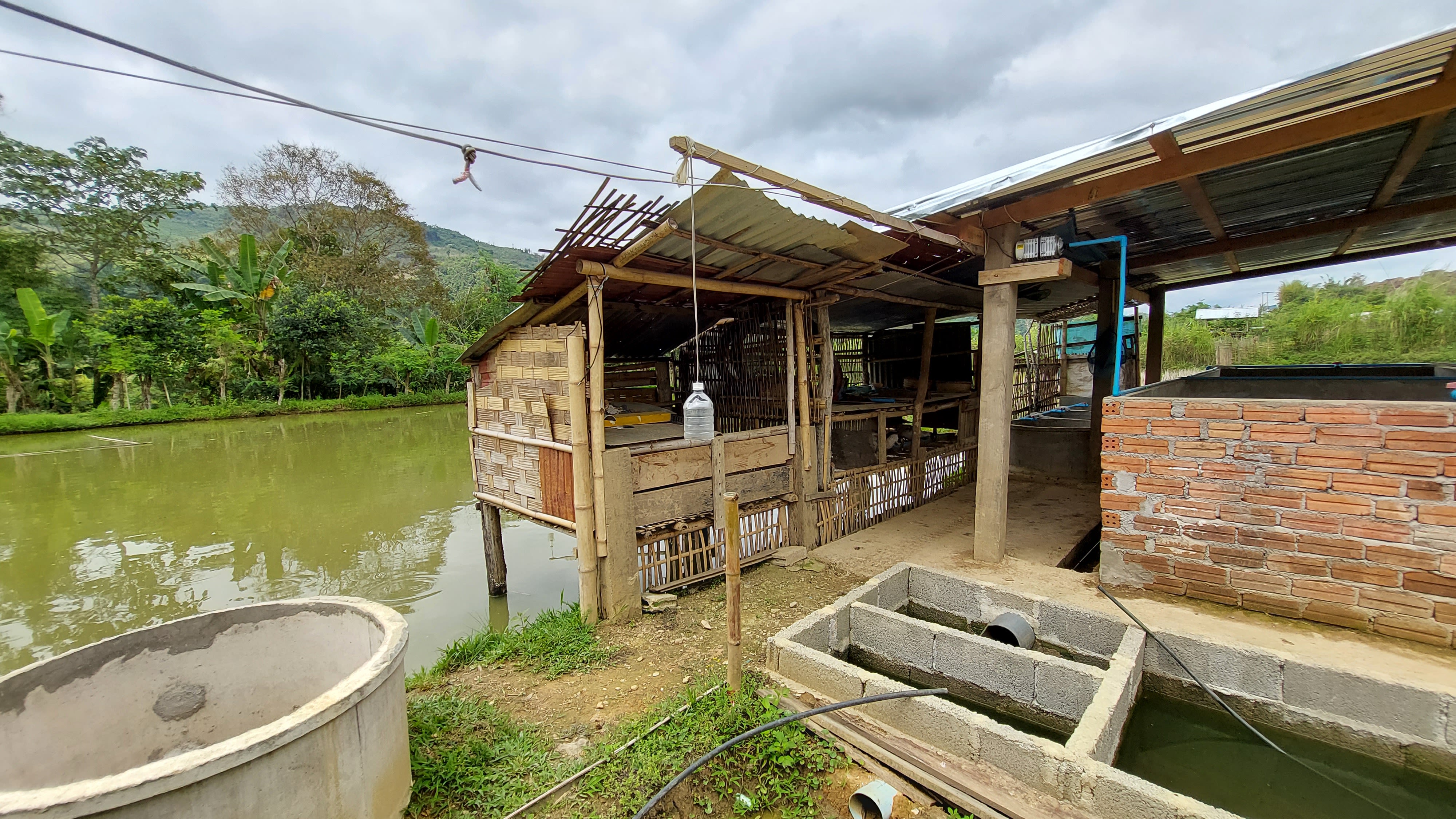
Known for its natural beauty and national park, Bouak village is situated in the northern remote Houaphan Province of Lao People's Democratic Republic, bordering Vietnam.
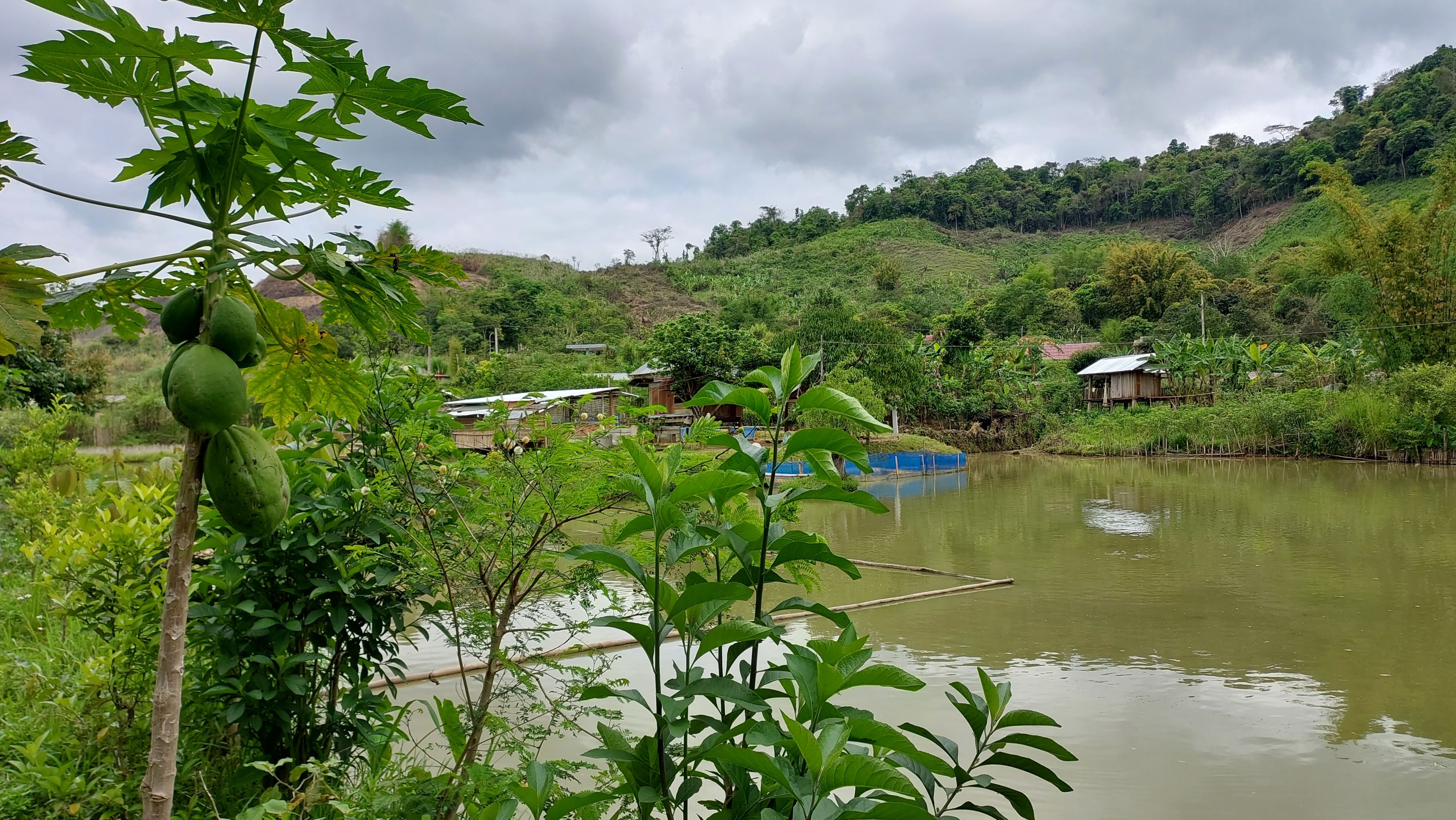
Thirty-nine-year-old Xienginphone Phengthavong, known simply as Xieng, is a typical smallholder farmer from the village, growing rice as the main staple food, cultivating vegetables in the home garden, and raising fish in his fishpond — all for household consumption. Married with three children, his priority is making sufficient food for the family, but his home garden is prone to seasonal shocks, especially flooding.
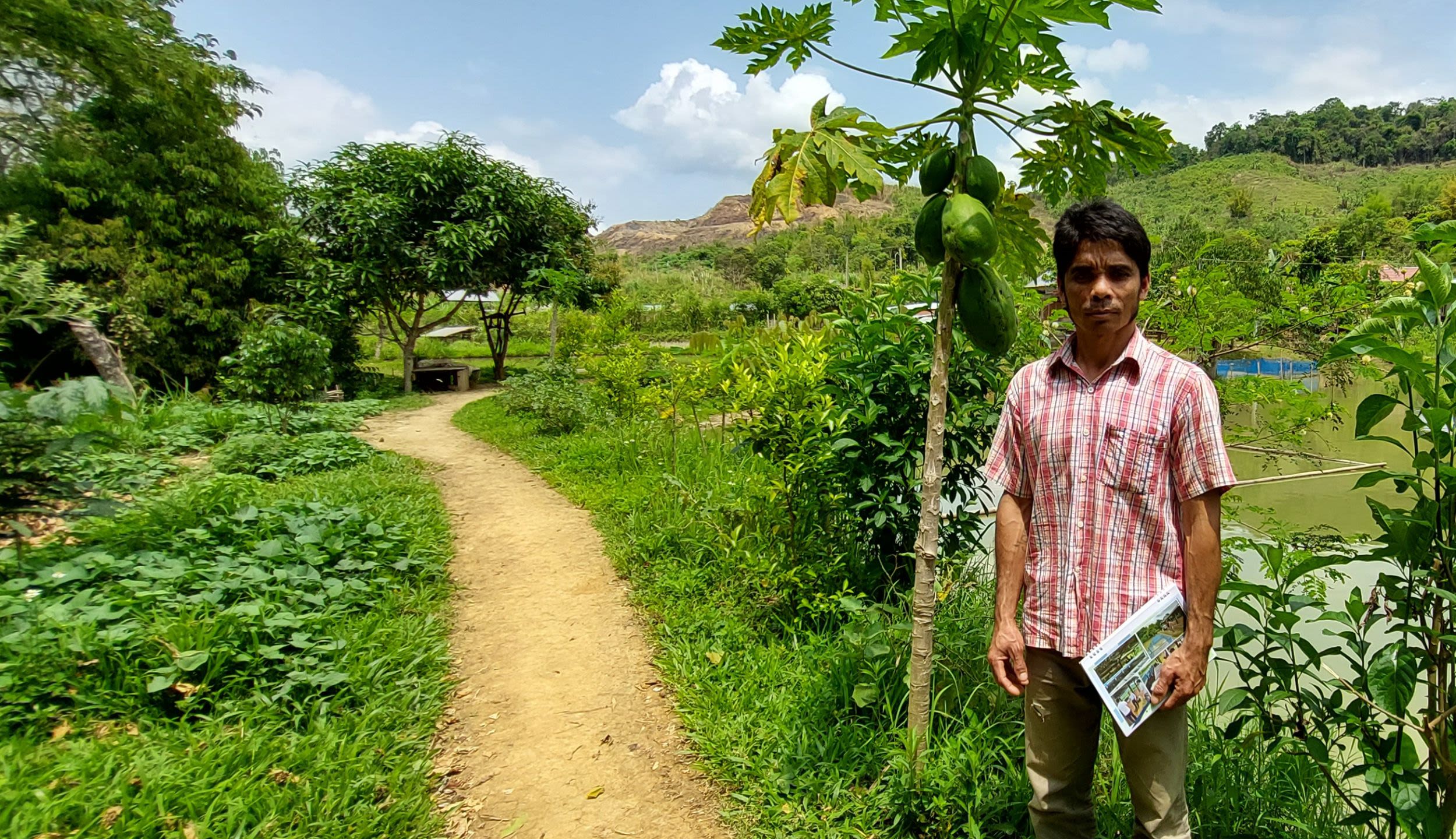
In 2020, the GAFSP-funded Agriculture for Nutrition Programme (AFN), implemented by the Ministry of Agriculture with technical support from the International Fund for Agricultural Development (IFAD) and the World Food Programme (WFP), started implementing activities in Xieng’s village among those in 12 other provinces. Since there is water available throughout the year, and being located near to the district market, Xieng and other farmers noted that fish raising was a good activity for income generation. With support from project staff from the district agriculture office, support and improved fish-raising technologies began to arrive.
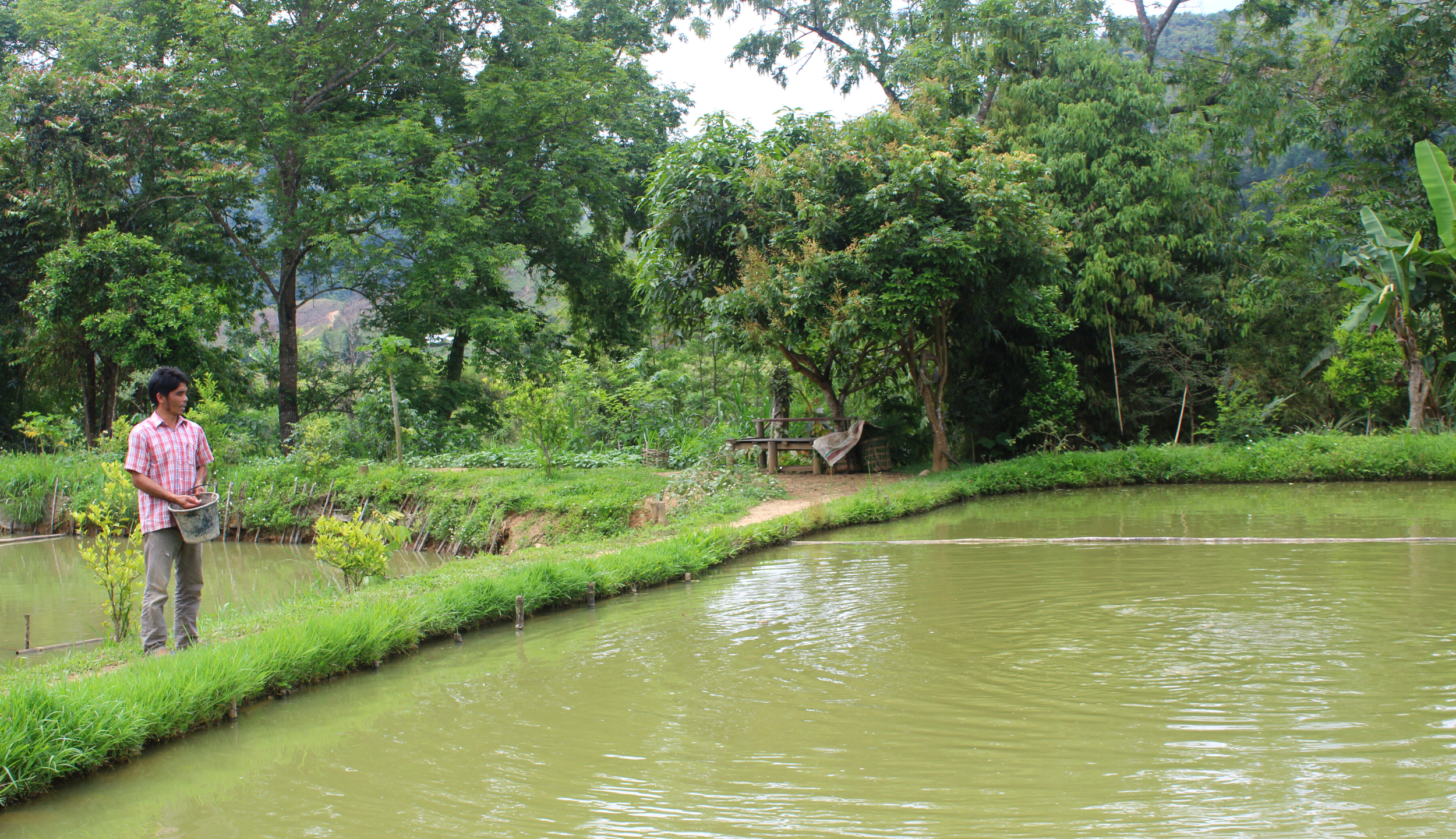
First, Xieng was supported with intensive trainings on fish raising techniques and he received a cash grant of US$500 to buy healthy fingerlings and improved fish feed to stock three fishponds. He contributed his labor by improving and deepening his ponds, to make them less susceptible to flooding. During the first year, Xieng sold 700 kilograms of fresh fish, making a profit of around US$2,000 – an 80% improvement on his profits the year before. He decided to invest this all back into his farm to construct fish breeding facilities, allowing him to produce fingerlings for other fish farmers in the area, reducing dependency on imported fingerlings which may result in high mortality rates or disease.
His first efforts resulted in the production and sale of 5,000 local catfish fingerlings, bringing in an extra US$1,000. But most importantly, it taught him good practical lessons, knowledge and experience which he could apply in future production cycles. Recognizing his hard work, the local district agriculture office selected Xieng to be a model farmer for his village. Besides support in raising fish and fingerlings, he also received advice about how to improve his chicken, duck, and frog business, and provide other local farmers with quality breed stock.
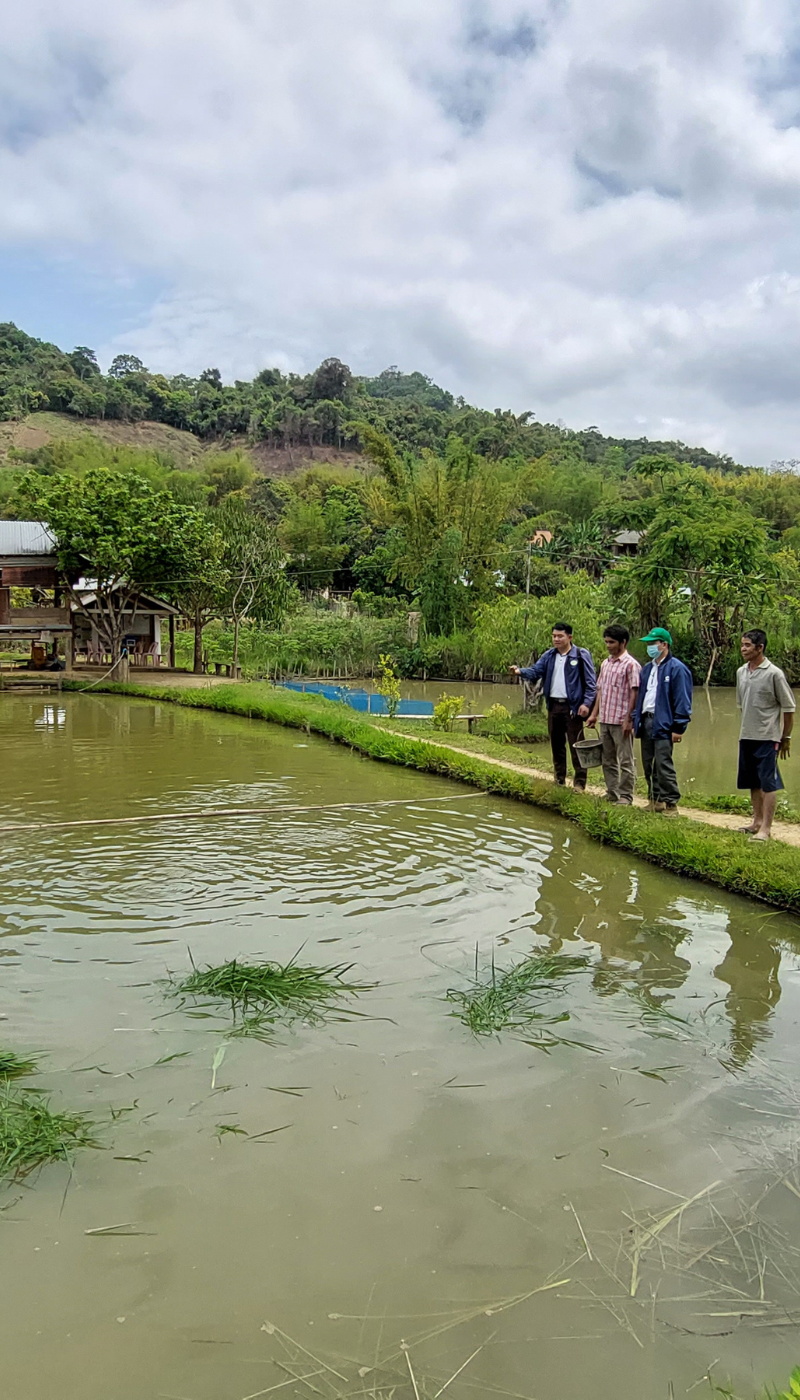
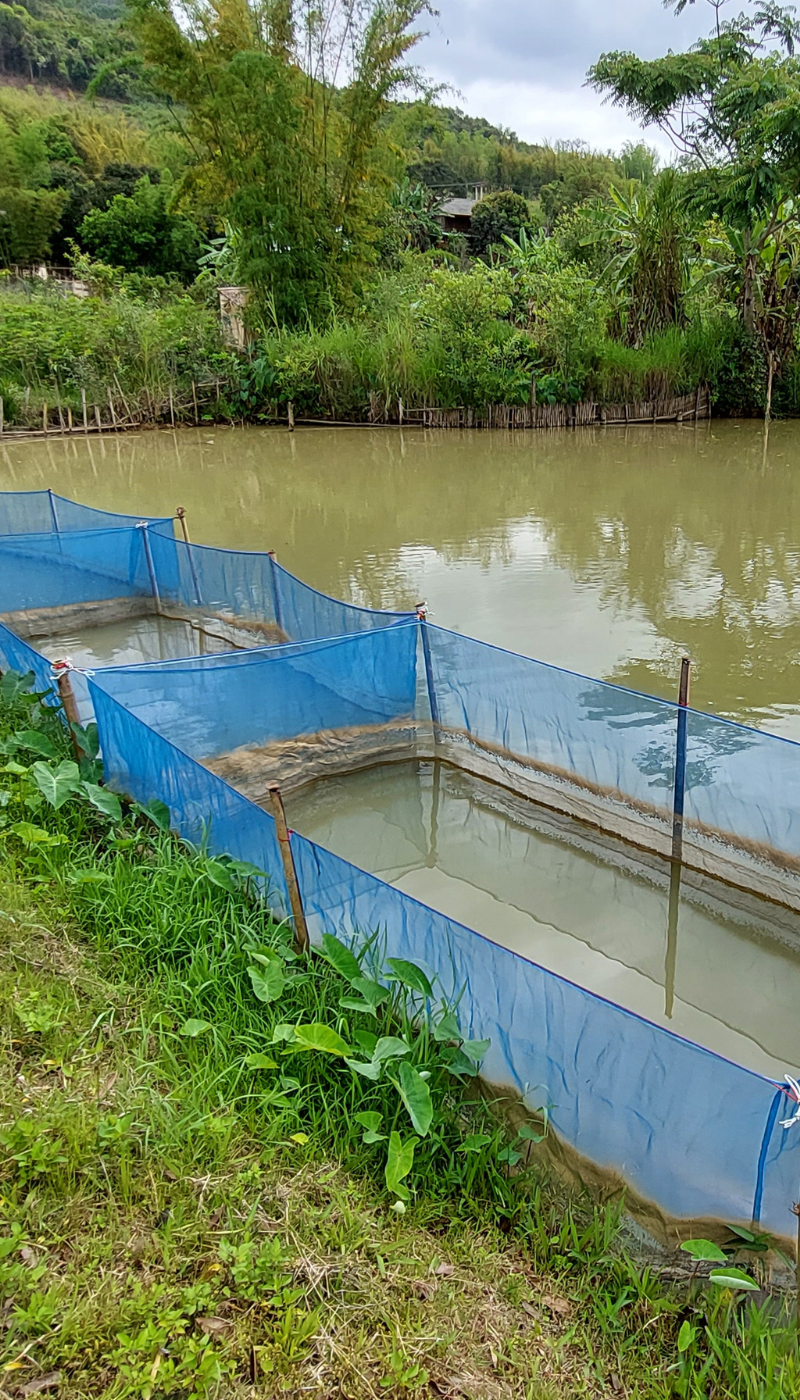
“Diversifying will give me more income and help farmers move away from relying on imports. The project has given me many opportunities to increase my knowledge and start my business. Now, I have the confidence to further expand my services while still being able to ask for advice from technical staff from the agriculture office.”
